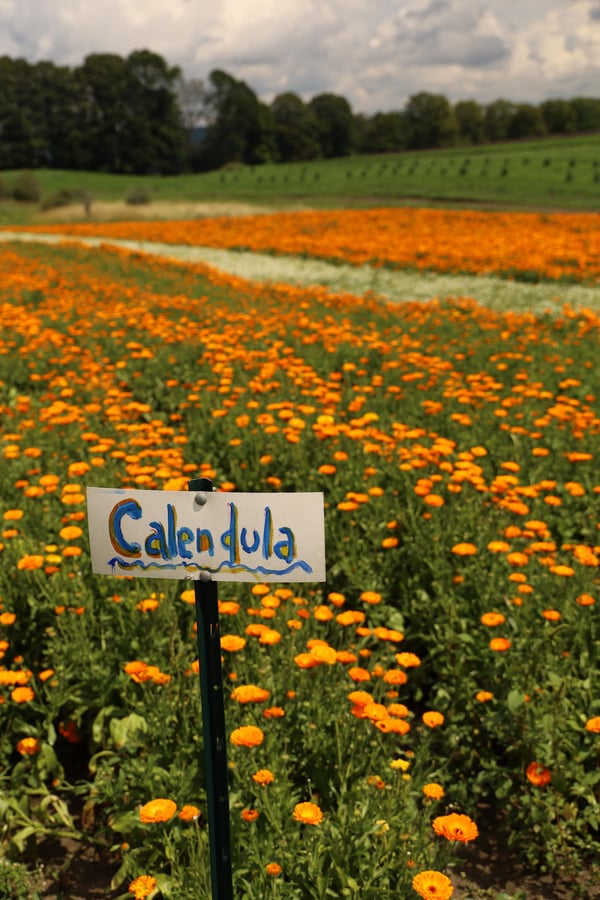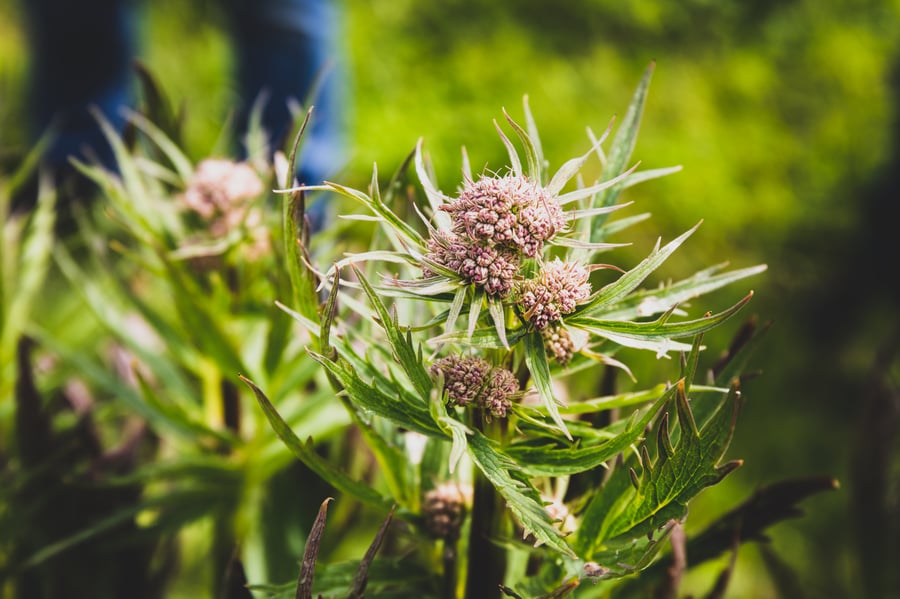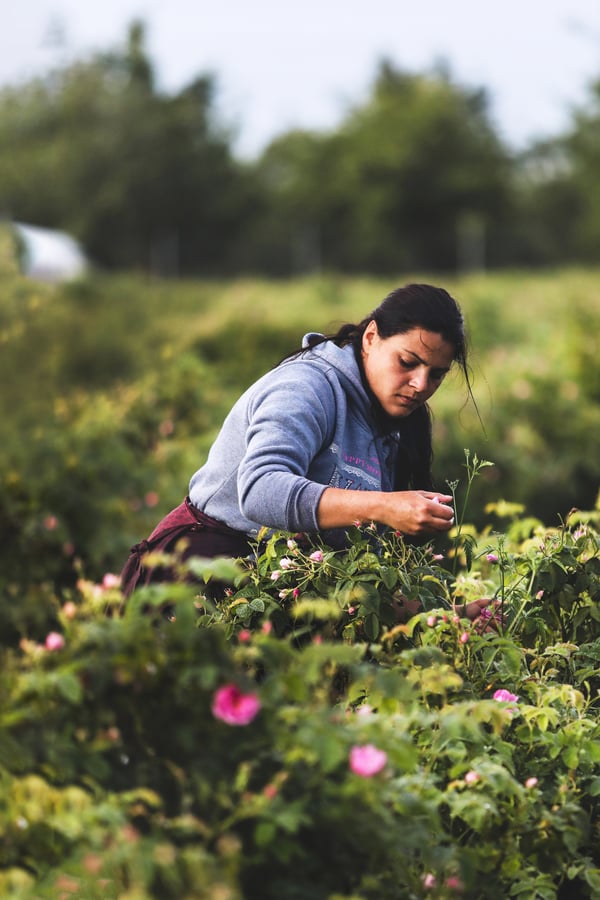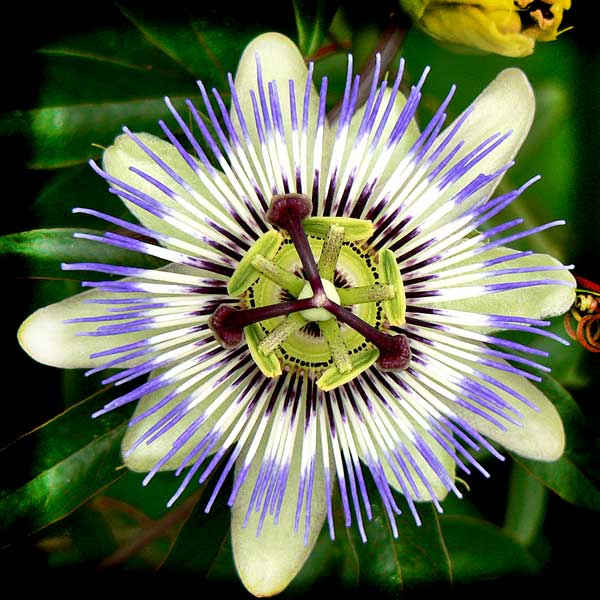Nowadays, we are all aware of the term “organic,” but what does that really mean in the world of agriculture? Last week, I had the opportunity to attend a film screening of “Organic Rising,” the first feature-length documentary to demystify organic agriculture for the consumer. This event was organized by several Oregon nonprofits, followed by a panel discussion with the film director. I am excited to share groundbreaking insights and community reflections with you.
The documentary opens with a sweeping exploration of the American agricultural landscape, highlighting the contrast between two predominant farming methods—conventional and organic—and how they impact human health and the planet. Expert interviews, scientific studies, and real-life cases are seamlessly woven together to paint a comprehensive picture of the impact of each method, delving into the critical choice between chemistry and biology.
Today, conventional agriculture is represented by the use of harsh chemicals such as pesticides, herbicides, and fungicides. The harmful effects of these toxins are linked to extreme human diseases, birth defects, infertility, and more. The film explores how these chemicals threaten our environment by degrading the soil, infiltrating water systems, polluting the air, and spreading through migratory animals. With over 90% of farmers still using conventional agriculture practices, the consequences pose serious long-term repercussions to our planet.
On the other hand, organic agriculture is biology-based, focusing on healthy, rich microbes, inside and out. From diversification to crop rotation, to the innovative use of natural fertilizers, organic methods not only contribute to better quality produce, but also foster biodiversity and soil regeneration. The film introduces passionate farmers who are at the forefront of organic agriculture, giving a face to the movement and highlighting the importance of supporting local producers. By understanding the nuances of agricultural practices, viewers are encouraged to make informed choices not only about what they consume, but how they consume it.
At Mountain Rose Herbs, we are proud to be a leading supplier of organic herbs, spices, and botanical products. Our passion for organics is woven into every fiber of our operations, and we always take the health of our customers and the environment into serious consideration. As a certified organic processor/handler through Oregon Tilth, our sourcing standards prohibit the use of synthetic fertilizers, pesticides, and genetic engineering. As we move through the organic movement, we’d like to raise our standards even higher by learning how to be regenerative.
Today, the term “regenerative” is becoming a widely adopted philosophy, where sustainability is elevated from baseline stability to restorative growth. With regenerative organic agriculture, the focus is to rehabilitate soil, sequester carbon, support animal welfare, improve the lives of farmers, and reap more nutritious yields—all while maintaining organic standards. To be truly regenerative, we must be organic while also thinking holistically, considering all the components in the system—from the soil, to plants, to animals, to people. At the end of the day, we have a choice between toxic chemistry and holistic biology, and we choose the latter. Will you join us?
Want to Learn More About Mountain Rose Herbs' Sustainability Efforts?
Check Out How Our For Life Certification Helps Us Measure Social Responsibility!
You may also be interested in:
How Mountain Rose Herbs Took Big Steps for Herbal Industry Transparency
Sustainable Benefits of a Bioswale and Rain Garden
Organic Sourcing From the Pacific Northwest













